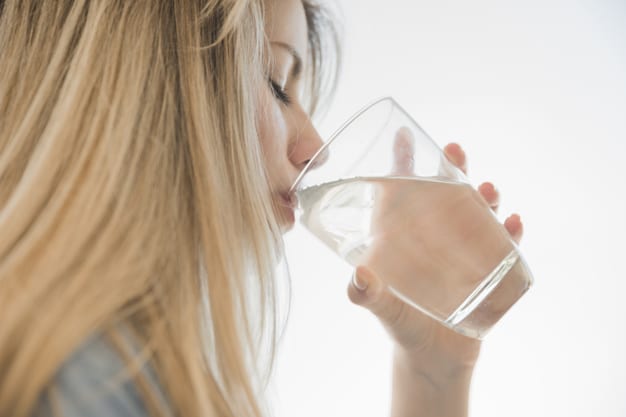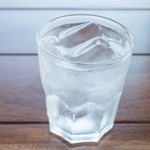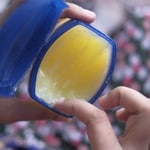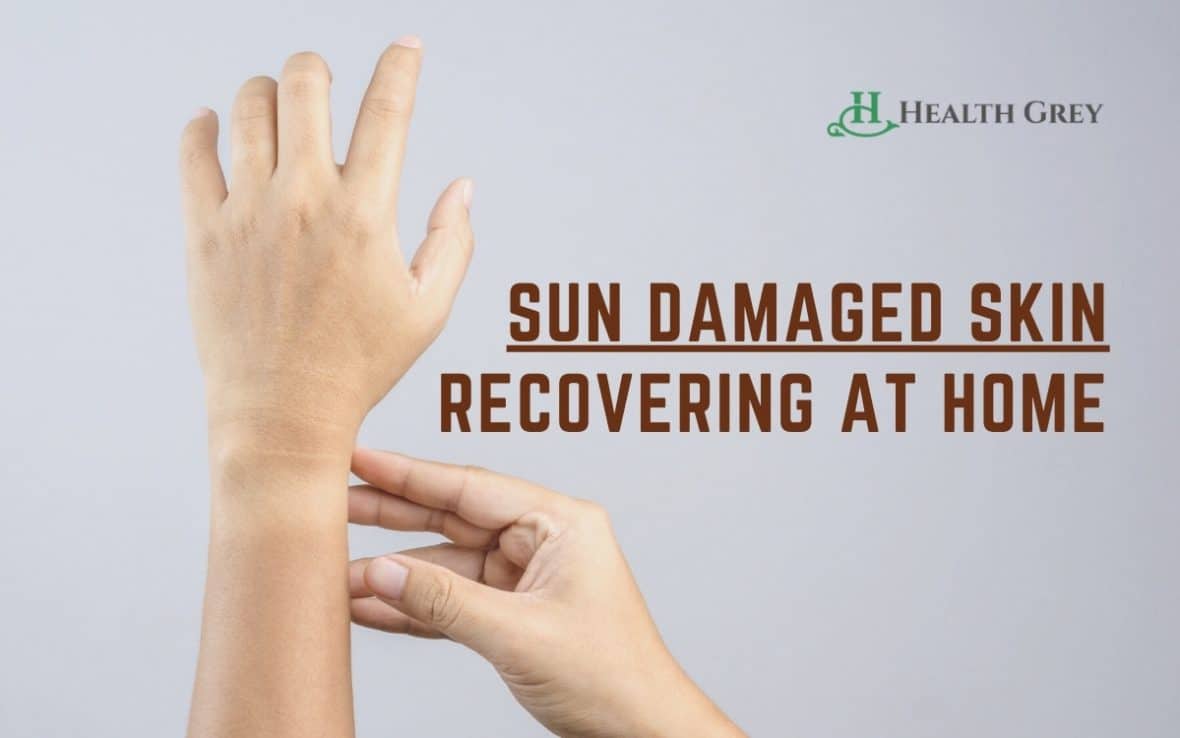How do you treat sun damaged skin?
Sun damaged skin describes skin that has been damaged by ultraviolet rays (UV rays). Exposure to ultraviolet radiation may cause tan, burns, or other damage. UV radiation damages DNA in the skin. Over 300 women were studied, and it was found that UV radiations cause 80 percent of women’s skin aging. Skin becomes wrinkled and textured as a result.
Multiple pollutants in the atmosphere are another reason for skin damage. Other household pollutants and chemicals, as well as cigarette smoke, can have a negative impact on the skin. By exposing the skin to these harmful pollutants, free radicals are created and result in oxidative photodamage to the skin’s layers.
The following methods can be used to repair skin:

It is, fortunately, possible to help repair the skin and reverse the damage to it. Below are some of the techniques that could prove helpful in repairing your skin yourself.
Make sure you drink enough water:

Staying hydrated is an effective way to repair your skin at home. Staying hydrated can be achieved by drinking plenty of water. As a result, the skin will be protected from sun damage and will be less prone to dehydration.
Add more protein to your diet:

The skin cells are rebuilt with the help of proteins. Proteins are important for the regeneration of the skin. You should consume more meat, eggs, beans, etc. The skin will be more youthful if you consume these foods more frequently.
Consumption of foods rich in vitamin C:

The skin produces collagen fibers as a result of vitamin C consumption. Collagen increases the firmness of the skin. This nutrient is critical for maintaining skin health. The consumption of foods that are rich in vitamin C as well as juices containing vitamin C can aid in the repair of sun damaged skin.
Keeping track of your diet’s chemicals:

To cure your skin damage caused by the sun, you should reduce your consumption of chemical-rich foods and opt for natural, organic items, as they help lower the build-up of toxins in the body.
Curing sun damaged skin with zinc:

It is known that zinc is an important element in rebuilding sun damaged skin. It boosts the immune system and promotes the regeneration of collagen fibers in the skin. In order to add zinc to your diet, eggs yolks, whole grain pasta, and mushrooms, which are packed full of zinc.
Sun damaged skin can be treated with lemon:

Lemons are natural cleansers and contain a lot of Vitamin C. They act as a bleaching agent and can repair damaged or dead skin. Additionally, the citric juice contained in lemons serves as a detoxifier. When applied directly to the skin, it breaks down dead skin cells caused by sunburn and tan and gives the skin a radiant glow. The results are that the skin appears lighter and brighter.
Tea made from dandelion roots:

In addition to their detoxifying properties, dandelions are also high in vitamins and minerals. This procedure helps to detox your skin, and it eventually heals sun damaged skin caused by the sun, as well as unattractive issues on the skin.
Moisturize your skin:

Sun damage causes your skin to dry out, so you should moisturize your skin in order to repair it. As your skin becomes damaged, it needs moisture to repair the dead cells and replace them with fresh ones.
Damaged skin can be treated with cold water:

You can treat sunburned skin by soaking a cloth in ice-cold water, then patting the cloth over the affected areas of skin. The moisturizing effect will relieve the burning sensation.
Applying Vaseline Jelly to skin damage:

Use vaseline jelly if your skin suffers mild damage so your damaged cells will be hydrated and the moisture in them will be locked in, helping to repair your damaged cells.
Lastly, I would like to say:
It is necessary to keep in mind that we should not expose our skin to the ultraviolet radiation that the sun emits if we want to prevent tanning, burning, or sun damage to our skin. Wearing a hat and a jacket while going out is a good idea. In case, though, anyone who got skin damage from UV rays could get their skin healed easily at home using the above points.




